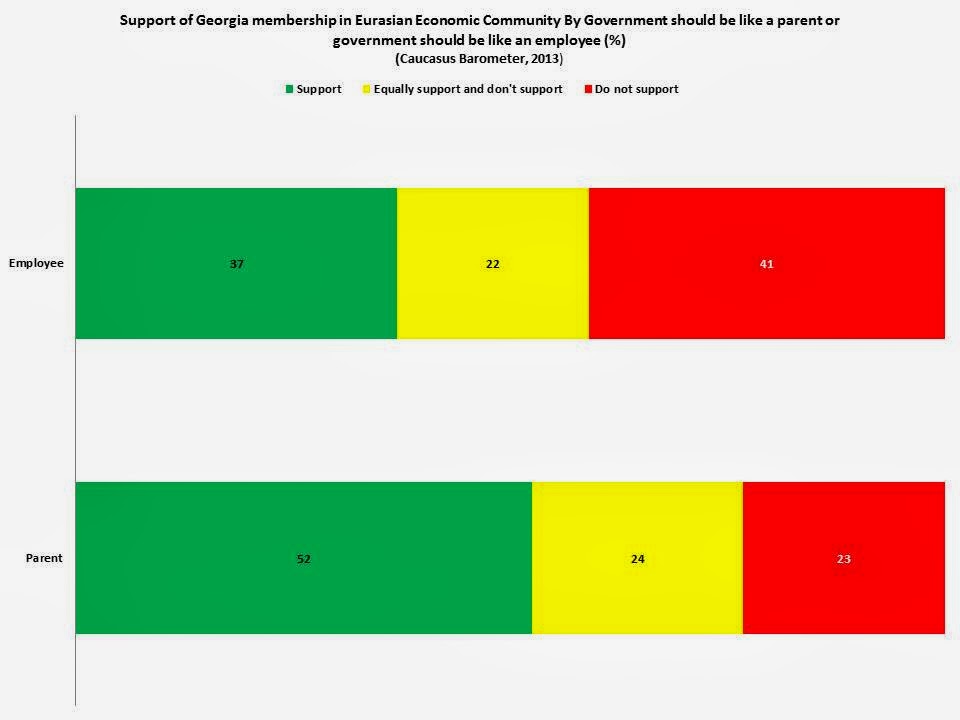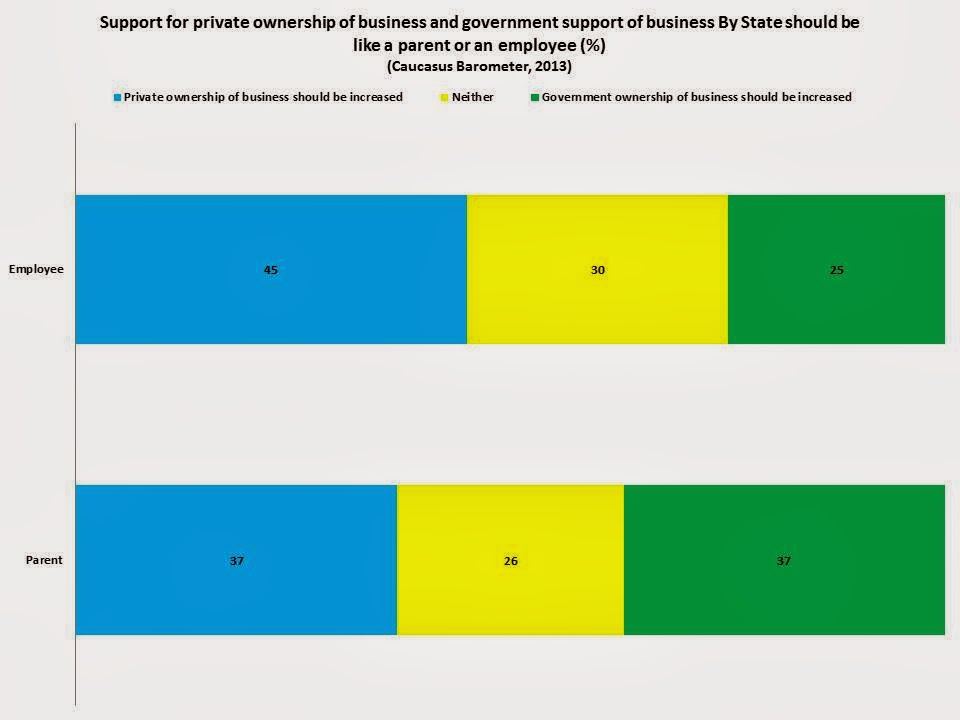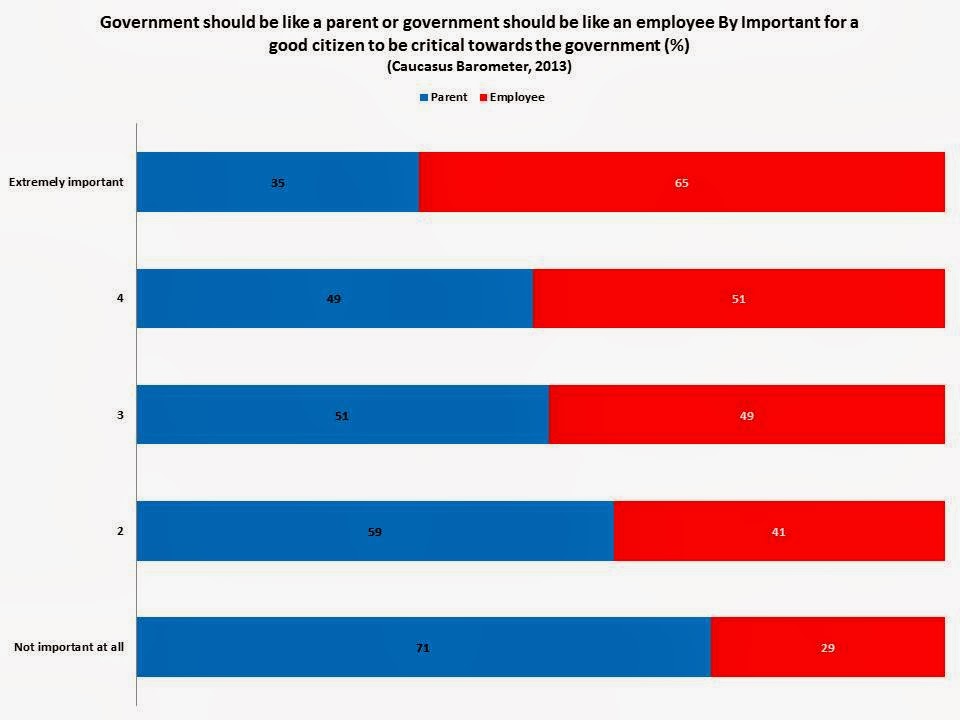With Russia’s recent military intervention in the Ukraine, some commentators have begun to compare Ukraine to Georgia in 2008. In August 2008 Russian troops entered Georgian territory, resulting in the expulsion of the ethnic Georgian populations of the breakaway territories of South Ossetia and Abkhazia. Thus, there is speculation that the Crimea will become separated from Ukraine as South Ossetia and Abkhazia became separated from Georgia. Markets have also strongly responded to the recent Russian intervention as the value of the ruble and the Russian stock exchange has fallen. As a result, the Russian central bank injected around ten billion dollars into currency markets to stabilize the value of the ruble. Furthermore, Russian president Vladimir Putin has aimed to tighten up the proposed Eurasian Customs Union that some see as a revival of the Soviet state. Although Georgia’s participation in the customs union was not strictly ruled out by former Georgian Prime Minister Bidzina Ivanashvili, the priority of Georgia is an Association Agreement with the European Union according to parliamentary speaker Davit Usupashvili. With this context in mind, this post examines support for joining the Eurasian Economic Community (a precursor organization to the Eurasian Customs Union), support for the Georgian government’s involvement in business, and whether Georgians think being critical of the government is important for a good citizen. These factors are all seen as connected to how Georgians today perceive the Soviet past, and how this past relates to the present.
Georgians are nearly evenly divided on whether the state should be more like a parent (47%) or like an employee (53%). The 2013 Caucasus Barometer asked respondents to indicate whether they feel that “People are like children; the government should take care of them like a parent,” or that “Government is like an employee; the people should be the bosses who control the government.” This question gives some understanding about what relationship Georgian’s feel they should have with their state. Those with positive connotations towards the Soviet past may be more inclined to respond that the government should be like a parent. The following chart shows that 53% of Georgians who think the government should be like a parent, also support membership in the Eurasian Economic Community. Furthermore, the graph shows that Georgians who think that the state should be like a parent are 15% more likely to support Georgia’s membership in the Eurasian Economic Union.
Note: “Do not support at all” and “rather not support” were combined in this graph to form “Do not support.” “Rather support” and “Fully support” were combined into “Support.”
Georgians who support the idea that the government should be more like a parent are also more likely to support an increase in government ownership of businesses. Support for Eurasian Economic Community membership is also strongest among those who think government ownership of business should increase.
Note: The data here has been collapsed from a 10-point scale where 1 indicated most disagreement with the proposed statement and 10 indicated most agreement with the proposed statement. Data from points 7 through 10 are shown indicating agreement with each statement. Data from points 5 and 6 are shown indicating neither disagreement nor agreement. Data from points 1 through 4 are shown indicating disagreement with each statement.
The following graph shows that Georgians who think it is important for a good citizen to be critical of the government are more likely to think that the government should be like an employee.
This blog shows that Georgians are more or less divided when it comes to whether the government should be like a parent or an employee. In looking at Georgians who think that the government should be more like a parent, it appears that they are also more likely to support membership for Georgia in the Eurasian Economic Community. Moreover, parent-like government supporters put less emphasis on the importance of being critical towards the government as a quality of a good citizen. To further investigate how Georgians feel about their government, we recommend exploring the data further using our ODA tool here.















